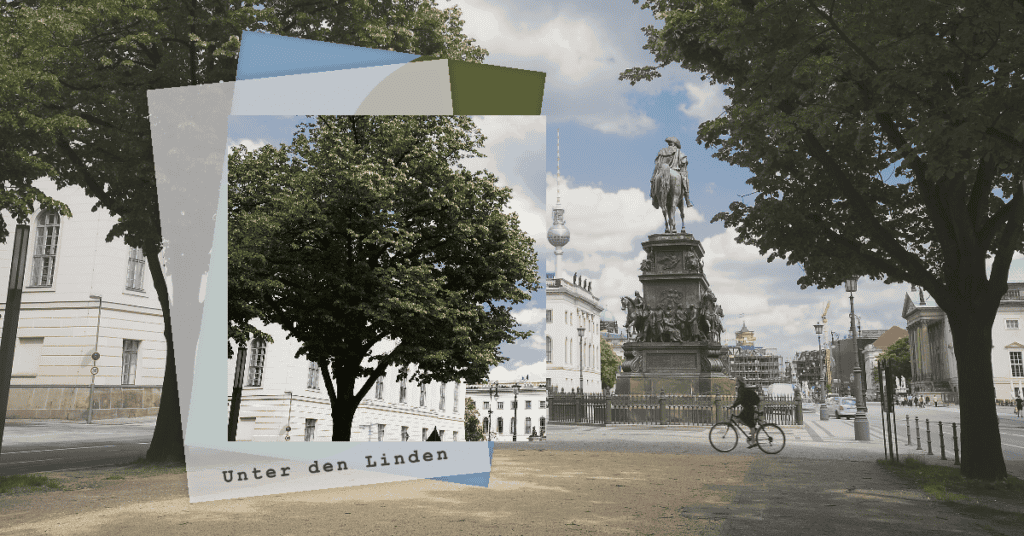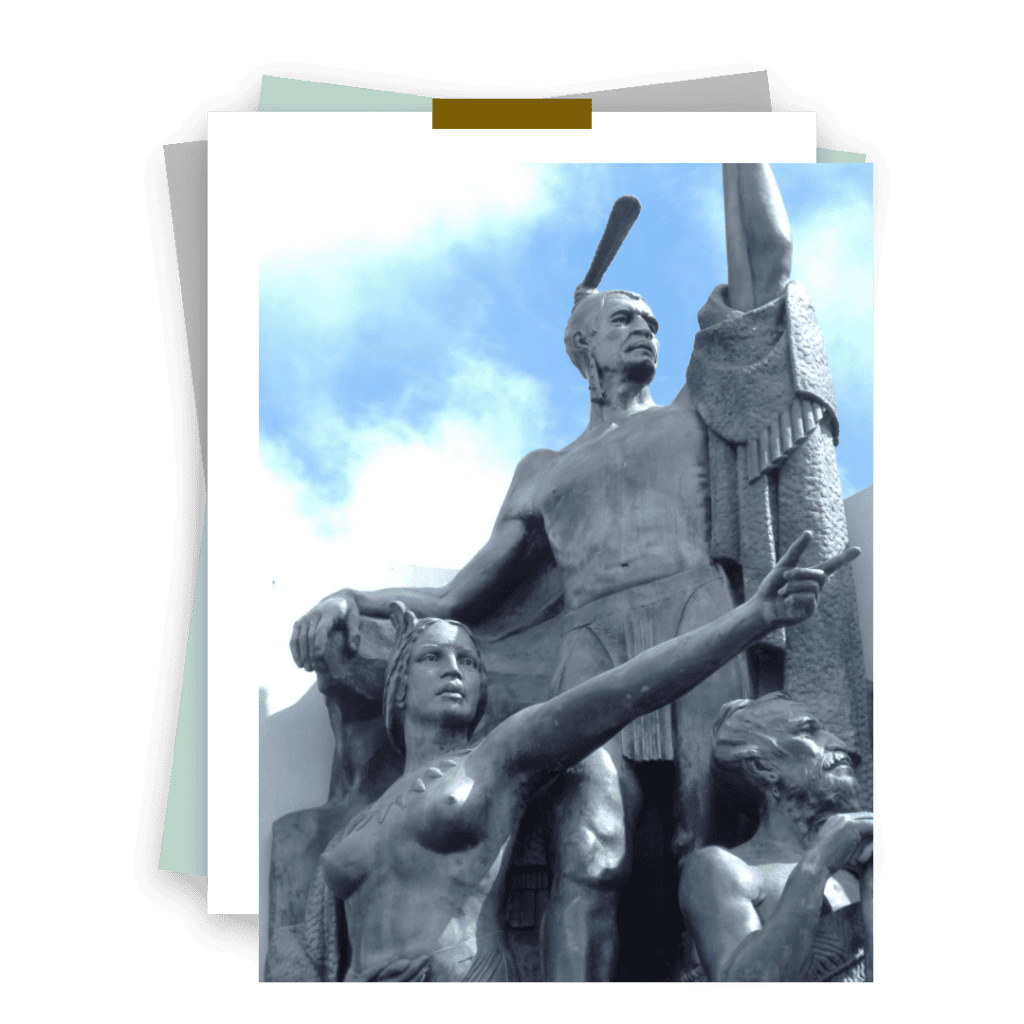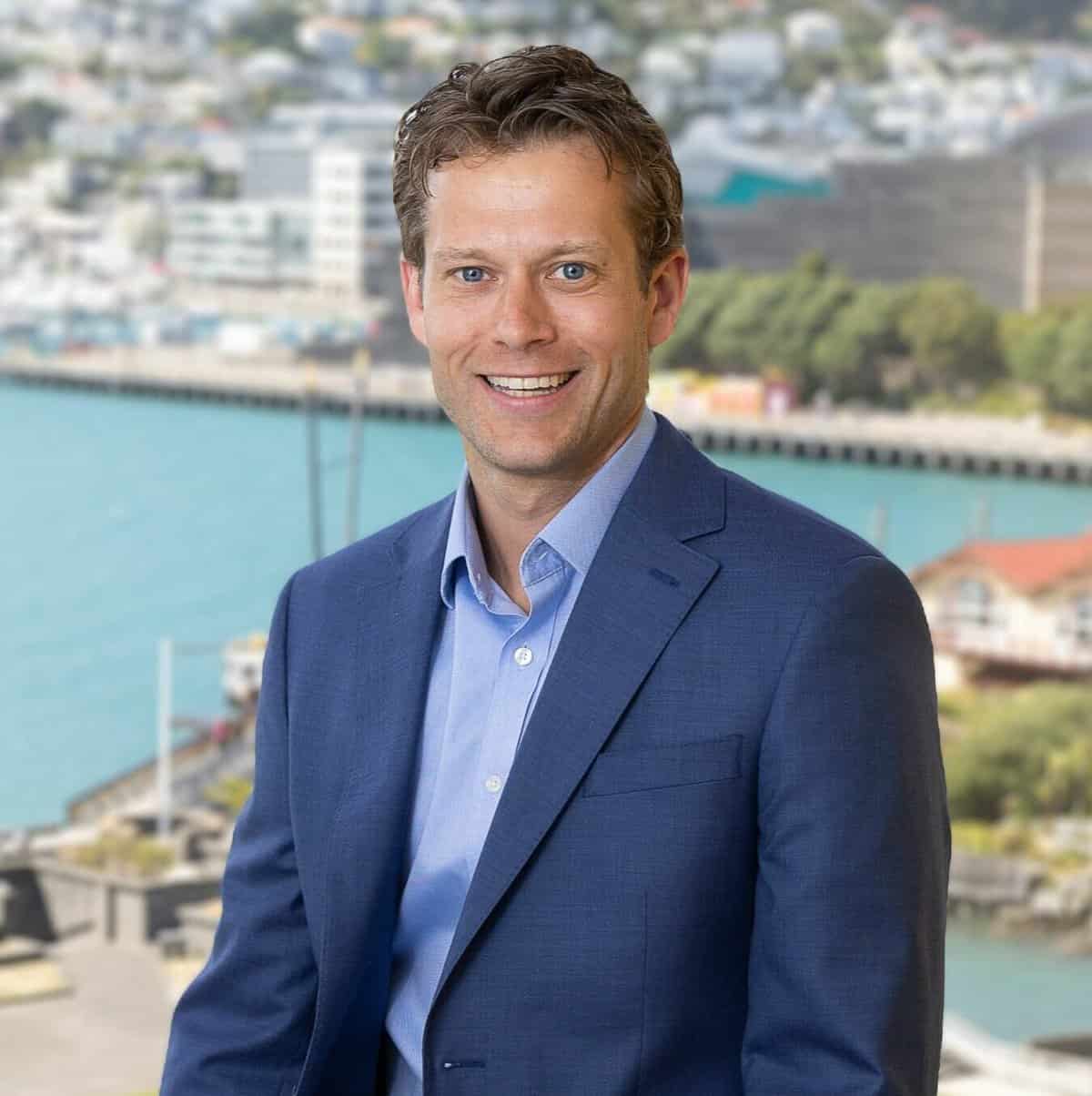Dr Julius Ohrnberger

In this Staff Spotlight, Dr. Julius Ohrnberger shares his passion for impactful research, from analysing mental health investments to the importance of resilience-building experiences. A keen linguist with rusty Bulgarian skills, he dreams of speaking any language—especially to hear Kupe’s first-hand account of New Zealand’s origins.
Can you tell me about a project you’re particularly proud of?
We recently completed a social return on investment analysis of a mental health service in New Zealand. I found the work incredibly rewarding. It also reconnected me with my core research from my PhD and academic career, which focused on the determinants of mental health and investment in the field.
What’s the most interesting or unexpected skill you’ve acquired?
My Bulgarian is a bit rusty, but I could still get by chatting about the weather, food, and football.
If you could have any superpower for a week, what would it be and how would you use it?
The ability to understand and speak any language in the world. In my experience, people are more open when you connect with them through a shared language. Plus, I would need this superpower for a very special historical conversation.

If you could have dinner with any historical figure, who would it be and why?
The historical Kupe, the first Māori explorer to set foot onto New Zealand. With no written records, I would love to hear the oral history first-hand — how he discovered these lands, what he saw, and how present-day Auckland appeared at the time. Of course, this dinner would need to coincide with the week I have my superpower, so I could converse fluently in Te Reo.
What’s something you’re passionate about and why?
Helping others through my work as a researcher. I am fortunate that my career encapsulates my passion for research that makes a tangible difference for my clients and the wider population.
What’s the most interesting thing about your family history or cultural background?
My grandma told me that our ancestors owned one of the largest tree plantations in Europe and planted the first linden trees along Unter den Linden – the grand boulevard leading to the Brandenburg Gate in Berlin. Perhaps that’s where my green fingers come from!
What’s the best piece of career advice you’ve ever received?
I must have got this from my dad: do what you enjoy the most. That philosophy has guided my career, from academia to consulting, where my passion for research and making a real impact has always been at the heart of what I do.
What’s the most unusual job you’ve ever had?
In my teens, I worked a summer job in a factory, where every morning I was presented with thousands of plastic parts in a crate. My sole task was to pick them up one by one, drill a hole, and place them into another crate. That experience truly taught me resilience.
Can you tell me about a memorable adventure or trip you’ve been on?
My wife and I love the outdoors, which was one of the main reasons we moved from the UK to New Zealand. Recently, our parents stayed with us, and for three weeks, we explored the breathtaking landscapes of the South Island together. It was a spectacular experience and sharing it with our family made it even more special. Opportunities like that don’t come around often.
